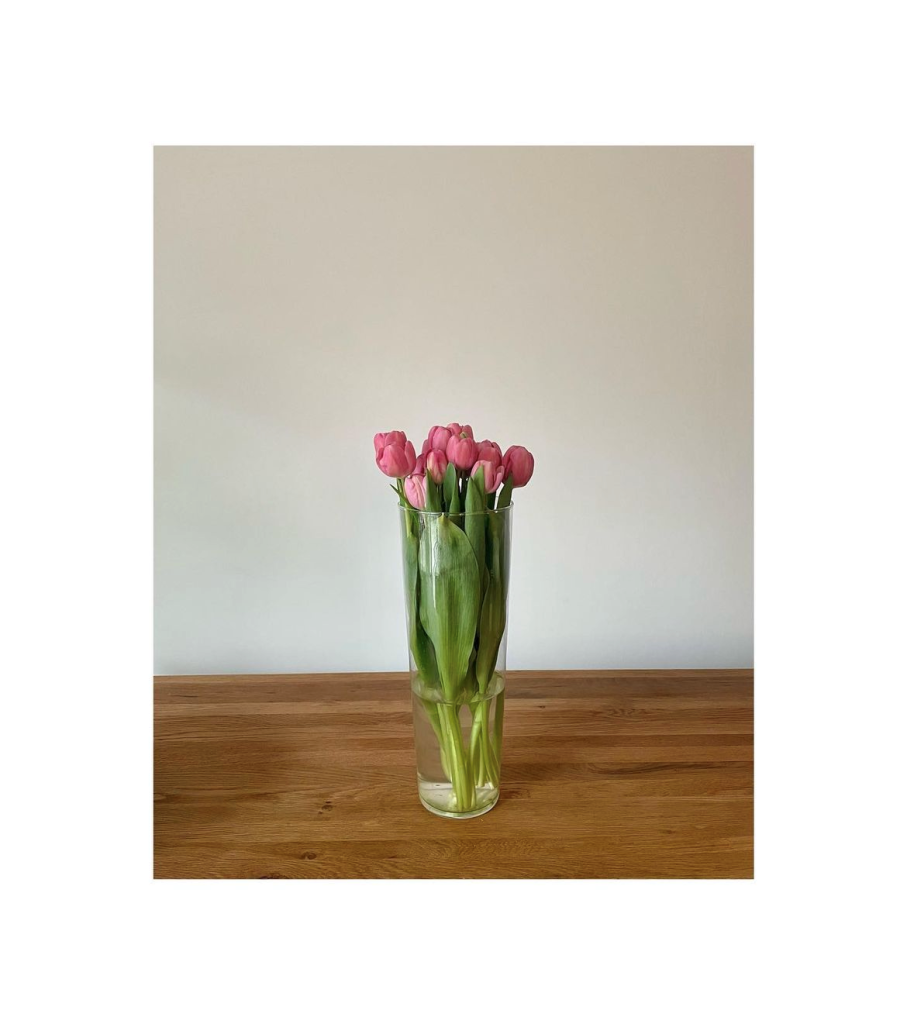all about love, bell hooks

“To love well is the task in all meaningful relationships, not just romantic bonds.”
― bell hooks
All About Love: New Visions
all about love
Bell Hooks, in her book All About love writes in praise of love and a return to love and away from a society of selfishness and narcissism. She talks about the importance of community as extended family, forming connections through creativity and political awareness and change, and about friendship being as important as romantic love.
Just as arguably there is an art to living, as Sarah Bakewell puts forth in her book ‘How to Live; Or A Life of Montaigne in One Question and Twenty Attempts at an Answer’, (Bakewell, S, 2010), Bell Hooks argues there is an art to love. Desire and initial attraction requires an illusion, but love requires work and effort – an unravelling of the authentic self in its vulnerability and truth.
She argues that much of the literature on love is written by men (Gray, J, 1992), and yet for men they are more likely to experience being loved whereas women are more likely to experiencing a yearning for love and to be loved. She blames the patriarchy inherently for the imbalance between men and women, men are conditioned to find importance in sexual performance and satisfaction and women are conditioned to give and to nurture and thus resulting in an imbalance inherent in society at large. This said, men and women both write about love, and the love which alludes, and so all are searching. There is as much talk about the lack of love as there is of love in and of itself. It is all about love, it is what binds us together and it is what alludes us in equal measure. If men are taught more how to love and how to give and to be of service, and women to receive, it would result in more joyful and meaningful relationships and in turn happier communities and a more harmonious world.
1), Hooks, B. (2000) Preface and Introduction. All About Love. New York: HarperCollins
2), Bakewell, S, 2010, How to Live; Or A Life of Montaigne in One Question and Twenty Attempts at an Answer. UK: Chatto & Windus
3), Gray, J, 1992. Men are from Mars, Women are from venus. United States: Harper Collins
